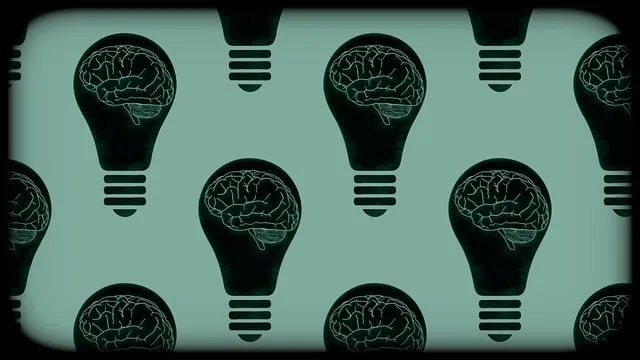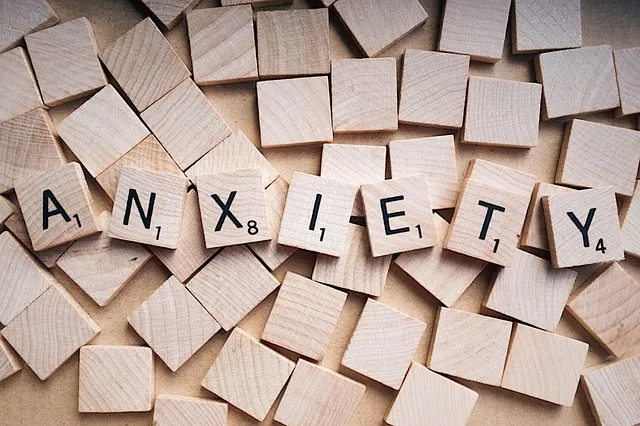The Boulder Kaiser Permanente mental health center emphasizes the profound impact of media portrayal on public understanding of mental illness, advocating for accurate, positive depictions to reduce stigma. They showcase how empathetic and diverse representations in media can foster support for individuals struggling with their mental well-being. By integrating self-awareness exercises into professional development, the center challenges stereotypes through inclusive patient care and community engagement, promoting normal conversations about mental health and encouraging sensitive media portrayals. Collaboration between mental health advocates and media outlets, as led by Boulder Kaiser Permanente, is key to combating stigma, shaping a supportive narrative landscape for those facing mental health challenges.
Mental illness representation in media significantly influences public perception, often shaping attitudes towards those living with mental health conditions. This article explores strategies to challenge negative stereotypes and promotes accurate depiction, using the Boulder Kaiser Permanente Mental Health Center as a model for excellence. We discuss how media accountability and sensitivity can drive positive change, fostering collaborations that advocate for better mental health support. By implementing these solutions, we aim to create a more understanding and inclusive society.
- Understanding the Impact of Media Portrayal on Mental Health Perception
- The Boulder Kaiser Permanente Mental Health Center: A Model for Accurate Representation
- Strategies to Enhance Media Accountability and Sensitivity in Mental Health Storytelling
- Fostering Change: Collaborating with Media for Positive Mental Health Advocacy
Understanding the Impact of Media Portrayal on Mental Health Perception

The media plays a powerful role in shaping societal perceptions about mental health. How mental illnesses are represented in films, television shows, and news coverage significantly influences public understanding and attitudes. At the Boulder Kaiser Permanente mental health center, experts recognize that positive and accurate portrayals can foster empathy and reduce the mental illness stigma. Conversely, negative or stereotypical representations can perpetuate harmful misconceptions and negatively impact those struggling with their mental well-being.
By using empathy building strategies and showcasing diverse narratives, media has the potential to contribute to mental illness stigma reduction efforts. Portraying characters who exhibit realistic symptoms, engage in effective coping mechanisms, and demonstrate resilience can help viewers understand that mental health challenges are common and treatable. This shift in perspective encourages a more supportive environment where individuals feel comfortable seeking help without fear of judgment.
The Boulder Kaiser Permanente Mental Health Center: A Model for Accurate Representation

The Boulder Kaiser Permanente Mental Health Center stands as a beacon of accurate mental health representation in media and popular culture. This pioneering facility has been at the forefront of challenging stereotypes and promoting understanding through its comprehensive approach to patient care and community engagement. By integrating self-awareness exercises into their risk management planning for mental health professionals, they foster an environment where empathy and expertise thrive.
Through various Mental Illness Stigma Reduction Efforts, the center aims to educate both patients and the wider community, dismantling misconceptions and encouraging open conversations about mental well-being. Their commitment to these initiatives underscores a critical aspect of modern mental healthcare: normalizing discussions around mental illness while ensuring sensitive and accurate representation in media narratives.
Strategies to Enhance Media Accountability and Sensitivity in Mental Health Storytelling

To enhance mental health storytelling in media, there’s a pressing need for accountability and sensitivity. Organizations like the Boulder Kaiser Permanente mental health center can play a pivotal role by collaborating with experts and individuals living with mental illness to ensure accurate and nuanced representations. This includes involving people from diverse backgrounds, promoting authentic narratives, and avoiding stereotypical portrayals that perpetuate stigma. By integrating real-life experiences into scripts, media outlets can foster better understanding and empathy among audiences.
Additionally, self-awareness exercises for writers and creators are essential tools. Workshops focused on Mental Health Awareness can help professionals recognize their own biases and preconceptions. Encouraging open dialogues about emotional healing processes in media can lead to more sophisticated storytelling, where mental illness is not just a plot device but a genuine reflection of human experience. This shift towards sensitivity and accuracy will ultimately contribute to a more inclusive and supportive narrative landscape for individuals navigating mental health challenges.
Fostering Change: Collaborating with Media for Positive Mental Health Advocacy

In the fight against stigma, collaboration between mental health advocates and media outlets is a powerful tool. Organizations like Boulder Kaiser Permanente mental health center have taken the lead in this initiative, recognizing the significant impact media representation can have on shaping public perception. By engaging with journalists and content creators, they aim to promote accurate and compassionate portrayals of mental illness, fostering an environment that encourages help-seeking behaviors and supports individuals facing these challenges.
This collaboration extends beyond mere consultation; it involves co-creating compelling narratives centered around recovery, resilience, and the diversity of human experience. Through Mental Health Education Programs Design, media professionals can learn about Mind Over Matter principles, integrating them into their storytelling to challenge stereotypes. Moreover, such partnerships can drive policy changes, as evidenced by successful Mental Health Policy Analysis and Advocacy initiatives sparked by responsible media representation, ultimately contributing to a more inclusive and supportive societal narrative.
The article highlights the significant impact of media representation on public perceptions of mental illness. By examining the successful model of the Boulder Kaiser Permanente Mental Health Center, we see the potential for positive change through accurate and sensitive storytelling. Implementing strategies to enhance media accountability, as advocated for in the discussion, is crucial for fostering a more compassionate understanding of mental health. Collaboration between media outlets and advocates like Boulder Kaiser Permanente can revolutionize how mental illness is portrayed, ultimately leading to better support and reduced stigma in society.






